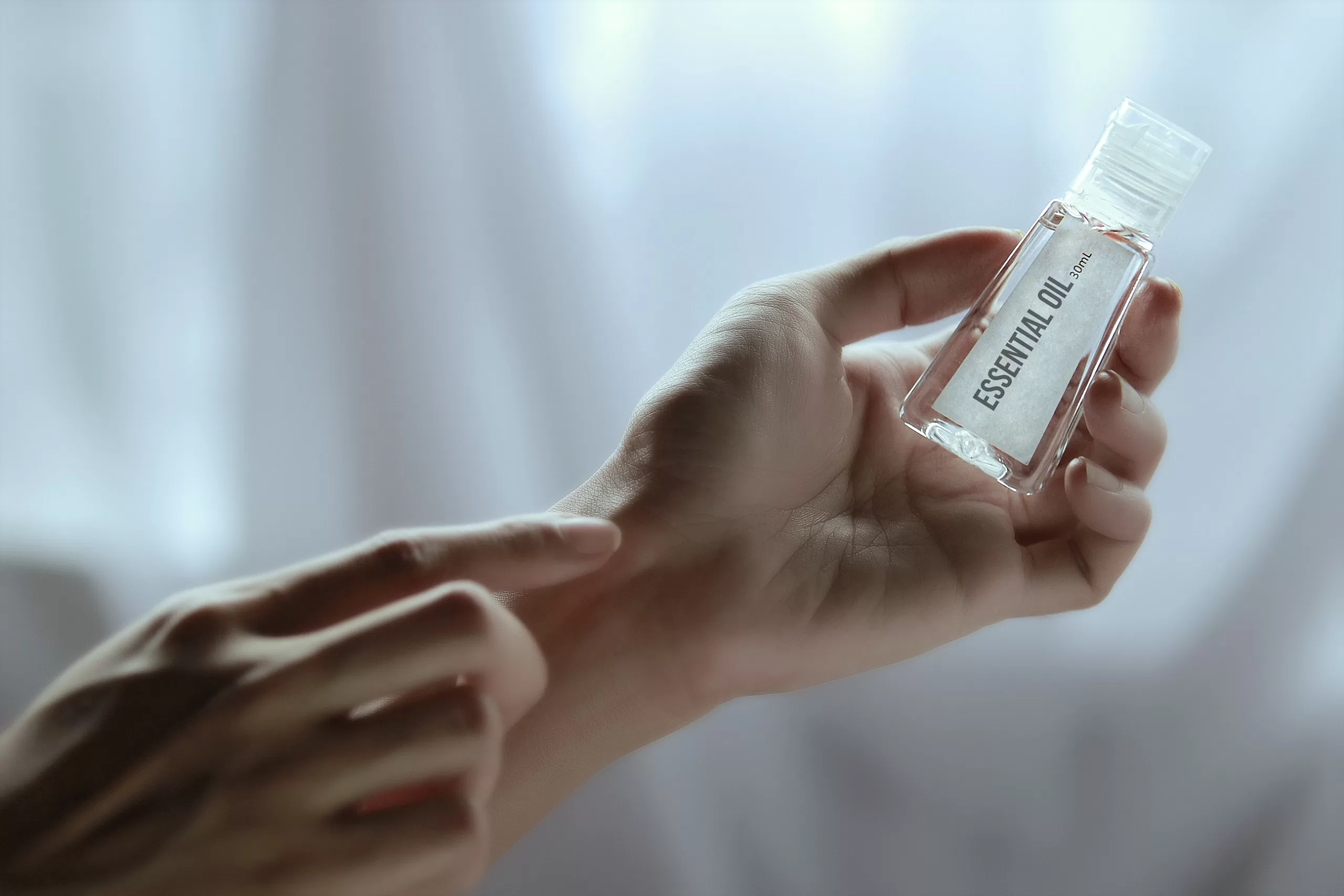Best Essential Oils for Relaxation and Sleep
Introduction
As a society, we’re constantly on the move, striving for success and chasing our dreams. But sometimes, we forget the importance of slowing down, taking a deep breath, and giving ourselves time to relax and rejuvenate. One way to promote relaxation and better sleep is through the use of essential oils. As a firm believer in holistic approaches to well-being, I’ve personally experienced the benefits of incorporating essential oils into my daily routine. In this article, we’ll explore some of the best essential oils for relaxation and sleep, with a focus on their unique properties and how to use them effectively.
Lavender: The All-Star Relaxant
The Power of Lavender
Lavender essential oil is one of the most well-known and widely used oils for relaxation and sleep. Its calming, soothing scent has been used for centuries to promote a sense of tranquility and rest. In fact, I remember my grandmother used to keep a small sachet of dried lavender under her pillow to help her sleep at night.
-Scientific Evidence
Numerous studies have shown the effectiveness of lavender essential oil in promoting relaxation and sleep. For instance, one study found that participants who inhaled lavender oil before bedtime experienced increased deep sleep and woke up feeling more refreshed.
-How to Use Lavender Oil
There are several ways to incorporate lavender oil into your nighttime routine:
- Add a few drops to your bathwater
- Use an essential oil diffuser in your bedroom
- Mix with a carrier oil and apply to your temples, wrists, or the soles of your feet
Chamomile: A Soothing Classic
The Gentle Giant of Relaxation
Chamomile has a long history of use as a natural remedy for insomnia and anxiety. Its sweet, floral aroma is reminiscent of a warm cup of chamomile tea, which many people find comforting before bedtime.
-Scientific Support
Research has also shown that chamomile essential oil can help reduce symptoms of anxiety and promote relaxation. One study found that when participants inhaled chamomile oil, they experienced a significant decrease in anxiety levels.
-Ways to Use Chamomile Oil
To benefit from the calming properties of chamomile oil, consider the following methods:
- Add a few drops to your pillowcase or bed linens
- Mix with a carrier oil and massage into your skin
- Use in a diffuser or add to a warm bath
Ylang Ylang: A Sweet, Exotic Escape
The Tropical Touch
Ylang Ylang essential oil, derived from the flowers of the Cananga tree, has a rich, sweet, and slightly floral scent. Its unique aroma can help transport you to a place of serenity and calm, making it an excellent choice for promoting relaxation and sleep.
-Scientific Backing
Ylang Ylang has been found to have sedative effects, helping to reduce stress and anxiety. One study showed that when participants inhaled Ylang Ylang oil, they experienced a decrease in blood pressure and a slower heart rate, indicating relaxation.
-Using Ylang Ylang Oil for Relaxation
To incorporate Ylang Ylang oil into your relaxation routine, try these methods:
- Add a few drops to a diffuser or bathwater
- Mix with a carrier oil and apply to your skin
- Combine with other calming oils, such as lavender or chamomile, for a custom blend
Embracing Spiritual Wellness: A Lighthearted Journey to Inner Peace
Bergamot: Citrusy Calmness
Uplifting and Soothing
Bergamot essential oil is extracted from the rind of the bergamot fruit, which is a hybrid of bitter orange and lemon. Its fresh, citrusy aroma is both uplifting and calming, making it an excellent choice for easing stress and promoting restful sleep.
-Scientific Evidence
Research has shown that bergamot essential oil can help reduce anxiety and stress levels. One study found that participants who inhaled bergamot oil experienced a decrease in cortisol, the stress hormone, and reported an improvement in their mood.
-How to Use Bergamot Oil
To enjoy the benefits of bergamot oil, consider these methods:
- Add a few drops to a diffuser or bathwater
- Mix with a carrier oil and apply to your skin
- Combine with other calming oils, such as lavender or chamomile, for a custom blend
Conclusion
Essential oils can be a powerful tool in aiding relaxation and sleep. By incorporating oils like lavender, chamomile, Bergamot, and Ylang Ylang into your daily routine, you can create a soothing environment that promotes rest and well-being. Remember to always use essential oils safely, by diluting them with a carrier oil or using them in a diffuser, and consult with a professional if you have any concerns or questions. As someone who has personally experienced the benefits of essential oils, I encourage you to give them a try and discover the power of these natural remedies. Sweet dreams, and may you find the relaxation and rest you deserve.
We hope you found this article helpful in discovering the best essential oils for relaxation and sleep. If you have any other essential oils that have worked wonders for you or any suggestions, please feel free to share them in the comments section below. Don’t forget to share this content with your friends and family, so they too can benefit from the soothing powers of essential oils. You may also like to read: Reiki and Sleep Hygiene: Techniques for Better Sleep and How to Improve Your Sleep Hygiene with Tai Chi.
FAQ Section
Q: Can I use essential oils if I’m pregnant or breastfeeding?
A: Consult with your healthcare provider before using essential oils during pregnancy or while breastfeeding, as some oils may not be safe for use.
Q: Can I apply essential oils directly to my skin?
A: Essential oils should be diluted with a carrier oil before applying to the skin to avoid irritation. A common dilution ratio is 2-3% essential oil to carrier oil.
Q: Are essential oils safe for children?
A: Some essential oils are safe for use with children, but always consult with a pediatrician or aromatherapist before introducing essential oils to your child’s routine.











